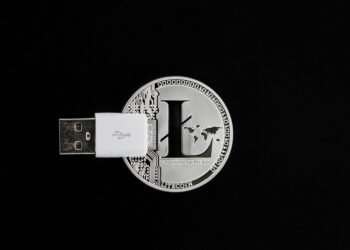In recent years, the rise of blockchain technology has opened up a whole new world of possibilities for transactions. One of the most exciting developments in this space is the emergence of smart contracts, which have the potential to revolutionize the way we conduct business.
Smart contracts are self-executing contracts with the terms of the agreement between buyer and seller directly written into code. These contracts automatically enforce and execute the terms of an agreement, removing the need for intermediaries, such as banks or lawyers, to ensure the deal is completed.
Smart contracts are built on blockchain technology, which means they are decentralized and distributed across a network of computers, making them tamper-proof and secure. This allows for trustless transactions, where parties can engage in business dealings with one another without needing to trust or rely on a third party.
The potential applications for smart contracts are vast and varied. They can be used in almost any industry that involves transactions, from finance and real estate to supply chain management and healthcare. For example, smart contracts could be used to automate the processing of insurance claims, verify the authenticity of products in a supply chain, or facilitate the buying and selling of real estate.
One of the key advantages of smart contracts is that they can reduce costs and increase efficiency by cutting out the middleman. By automating the execution of agreements, smart contracts eliminate the need for manual oversight, reducing the time and resources required to complete a transaction.
Another benefit of smart contracts is that they can help to reduce the potential for fraud and disputes. Because the terms of the contract are written in code and stored on a secure blockchain, there is a transparent and immutable record of the agreement that cannot be altered or tampered with.
However, despite the many advantages of smart contracts, there are still challenges and obstacles to overcome before they can become widely adopted. One of the main hurdles is the complexity of writing and deploying smart contracts, which requires a certain level of technical expertise.
There are also legal and regulatory considerations that need to be taken into account when using smart contracts. For example, in some jurisdictions, smart contracts may not be legally enforceable, or there may be limitations on their use in certain industries.
Despite these challenges, the potential of smart contracts to revolutionize the way we conduct transactions is undeniable. As blockchain technology continues to evolve and improve, smart contracts are likely to become an increasingly integral part of our digital economy. The future of transactions is here, and it is powered by the revolutionary capabilities of smart contracts.








